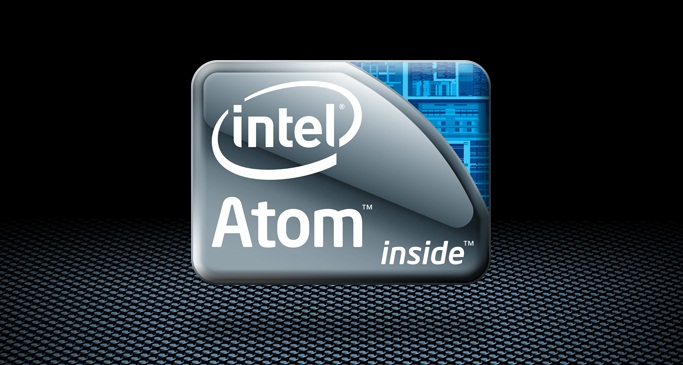Intel To Push Mobile Vision At IDF

Intel has been in the headlines of late thanks to its data centre strategy and the recent launch of its next-generation Atom platform, namely the C2000 lineup.
However, when the Intel Developer Forum (IDF) kicks off 10 September, the focus will quickly shift to its efforts around mobility, a primary area of concern for the chip maker’s new leadership. And as the global PC market continues to contract, the mobile device space also becomes one of Intel’s key growth areas.
Mobile Focus
 CEO Brian Krzanich, who in May took over as the top executive for Paul Otellini, has been pushing a more aggressive mobile agenda. Just days after taking over, Krzanich made several organisational moves designed to streamline the company, such as having the Intel Architecture Group report directly to him and creating a new unit that will focus on new devices, including wearable technology.
CEO Brian Krzanich, who in May took over as the top executive for Paul Otellini, has been pushing a more aggressive mobile agenda. Just days after taking over, Krzanich made several organisational moves designed to streamline the company, such as having the Intel Architecture Group report directly to him and creating a new unit that will focus on new devices, including wearable technology.
He also has been vocal about the new chips that are on the horizon, including Core processors based on the low-power “Haswell” design that will find their ways into PCs, tablets and other form factors – such as convertible and hybrid devices – and the new Atom systems-on-a-chip (SoCs) based on the new “Silvermont” microarchitecture, such as “Bay Trail” for tablets and “Merrifield” for smartphones.
Atom will be a key part of the chip maker’s mobile efforts, Krzanich told analysts and journalists in July to discuss the company’s quarterly financial numbers.
“Intel was slow to respond to the ultramobile trend,” he said. “We will move Atom even faster to our leading-edge silicon technology.”
IDF Preview
IDF attendees can expect to hear plenty more mobile talk during the conference’s three days, in everything from keynote addresses to technical sessions.
Krzanich and President Renee James will be the keynote speakers when IDF opens 10 September, and according to the IDF Website, they will talk about what is a “clear emphasis [within Intel] on mobile computing leadership.” That mobility focus will not only give a boost to current hardware and software developers, but also will attract new ones to the Intel Architecture, according to the company.
The mobility theme will be prominent during the second day of keynotes 11 September, when Hermann Eul, vice president and general manager of Intel’s Mobile and Communications Group, talks about the company’s support for personalisation and performance in mobile devices, and Kirk Skaugen, senior vice president and general manager of the PC Client Group, talks about devices that can be used as a tablet or a PC.
In addition, Douglas Fisher, vice president and general manager of Intel’s Software and Services Group, will address such areas as Intel’s mobility optimisations and toolsets for Windows 8.1 and Android development.
On 12 September, Genevieve Bell, director of interaction and experience research at Intel Labs, will talk about what’s coming in the future around mobility.
Catch Up
Intel dominates the PC and server chip markets, but like many other established tech vendors, it is playing catch-up in the booming mobile device space. Currently, most smartphones and tablets are powered by low-power SoCs designed by ARM and manufactured by such companies as Samsung, Qualcomm and Texas Instruments.
Intel has been working to close the power-efficiency gap between its offerings and those from ARM and its partners. In May, Intel executives announced the Silvermont microarchitecture, which they said offers significant improvements in performance and energy efficiency, and exceeds what ARM can offer in its designs.
“We’re breaking the myth that ARM can do things that Intel cannot,” Dadi Perlmutter, executive vice president, general manager of the Intel Architecture Group and Intel’s chief product officer, said at the time of Silvermont’s unveiling.
Atom chips based on Silvermont will appear in a range of systems, from dense, low-power servers and PCs to smartphones, tablets and other form factors. The 22-nanometer Bay Trail, which is expected to be a big topic of discussion at IDF, will be found in both PCs and tablets, and Krzanich said it will help the chip maker extend its reach in the PC and mobile device spaces.
“What [Bay Trail] really does is allows us to get into these markets that we’re not in, in a big way today,” he said in July. “Bay Trail really, first and foremost … gives solid performance, solid battery life relative to the competition in price points and markets that we’re simply not in. At the end of the day, the market will go where the market goes, and better to have a product like Bay Trail that we can play no matter where it goes rather than miss that market.”
What do you know about Intel? Take our quiz!
Originally published on eWeek.